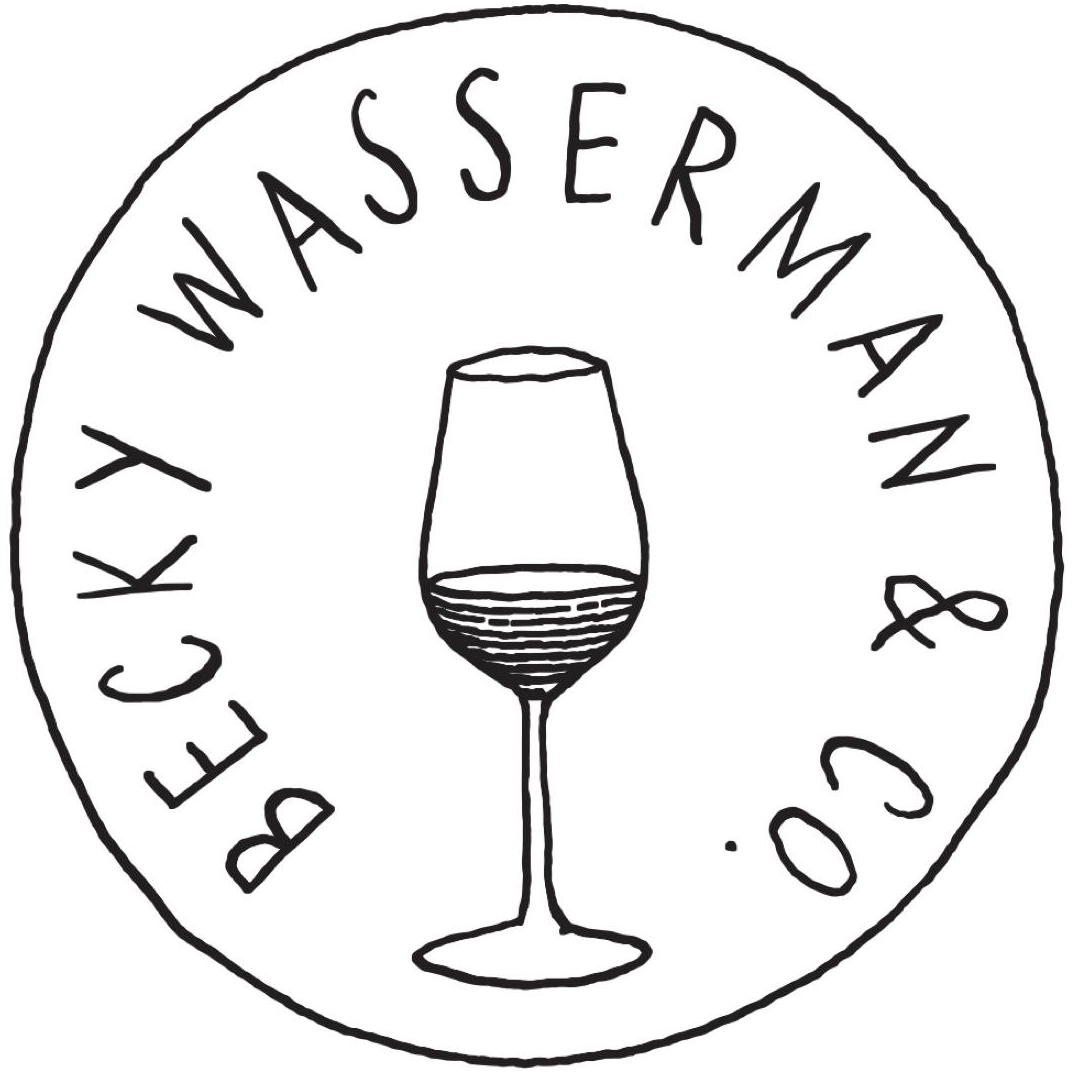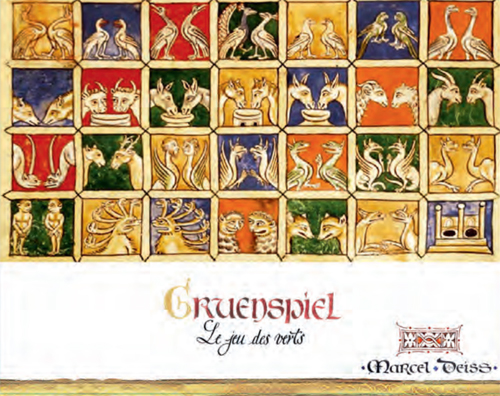Gruenspiel Cru d’Alsace
At a Glance
- Varieties: Gewürztraminer, Riesling, Pinot Noir
- Vine Age: Planted from 1987 to 2002
- Terroir: Located in Bergheim, an early-ripening, south-facing amphitheater that overlooks the crus of Ribeauvillé. Composed of alluvial deposits of sandstone, granite, and gneiss gravels over a deep bed of Keuper marl.
- Viticulture: Organic (Ecocert), biodynamic (Demeter). 8,000 vines/ha.
- Vinification: Pressed with whole clusters, ambient yeast fermentation, aged 12 months on the lees in foudres.
Additional Info
This Bergheim terroir overlooks the Grands Crus of Ribeauvillé, and is one of the most reputed in the area. Its poetic name translates to "green game" referencing a checkerboard.
The palate of Gruenspiel will catch you off-guard: it is a muscular Rhenish wine on the front, an orange wine in the mid, with underlying Amaro throughout. This surprising combination comes from the terroir’s deep, cold marl which produces a tannic structure unexpected in a white wine, as if it were macerated even though it is not. (Well, not until the 2017 vintage.) The marl also reinforces the noble bitters that are already present by design in Deiss’ wines, hence the Amaro. And the vineyard faces south, giving you the rich, solar feel of the front palate. Gruenspiel is fascinating, big, in your face, masculine. It expects food and can easily tackle protein. It is a tasting menu wine of the first order.
Cellaring is very transformative. The structure resolves, apparently by melting into the texture, filling it out, and making it irresistibly plush. If some tannin and bitters remain noticeable, they become a supporting cubist touch in the background — a welcome touch, since it is energetic and keeps things food-friendly.
The spectacular 2002 was the vintage that first called our attention to the terroir and left us no choice but to take it seriously. The dozen or so bottles we have shared so far have blown everybody away.
Wines
-
White
-
Red

